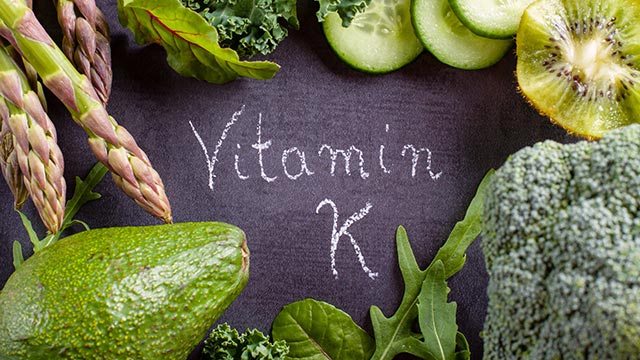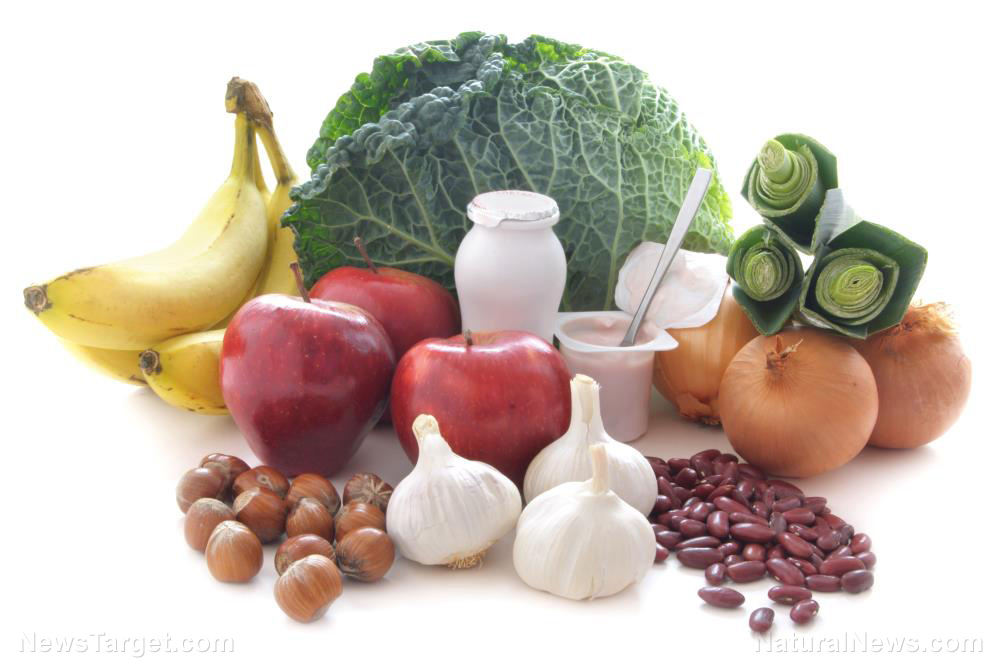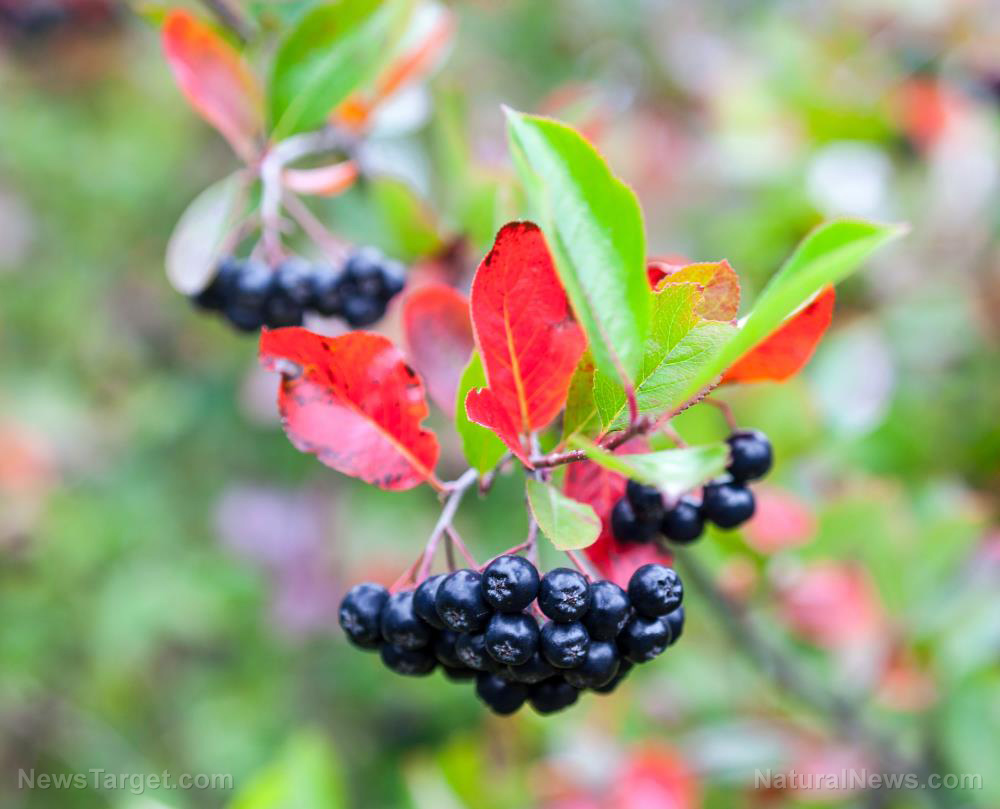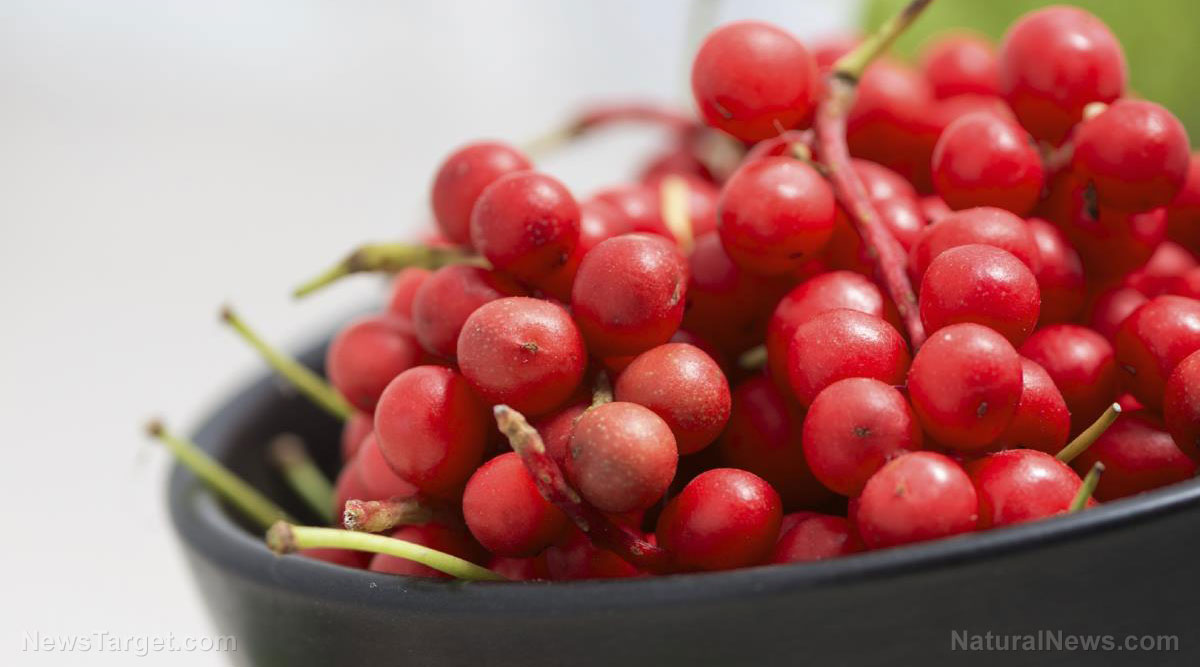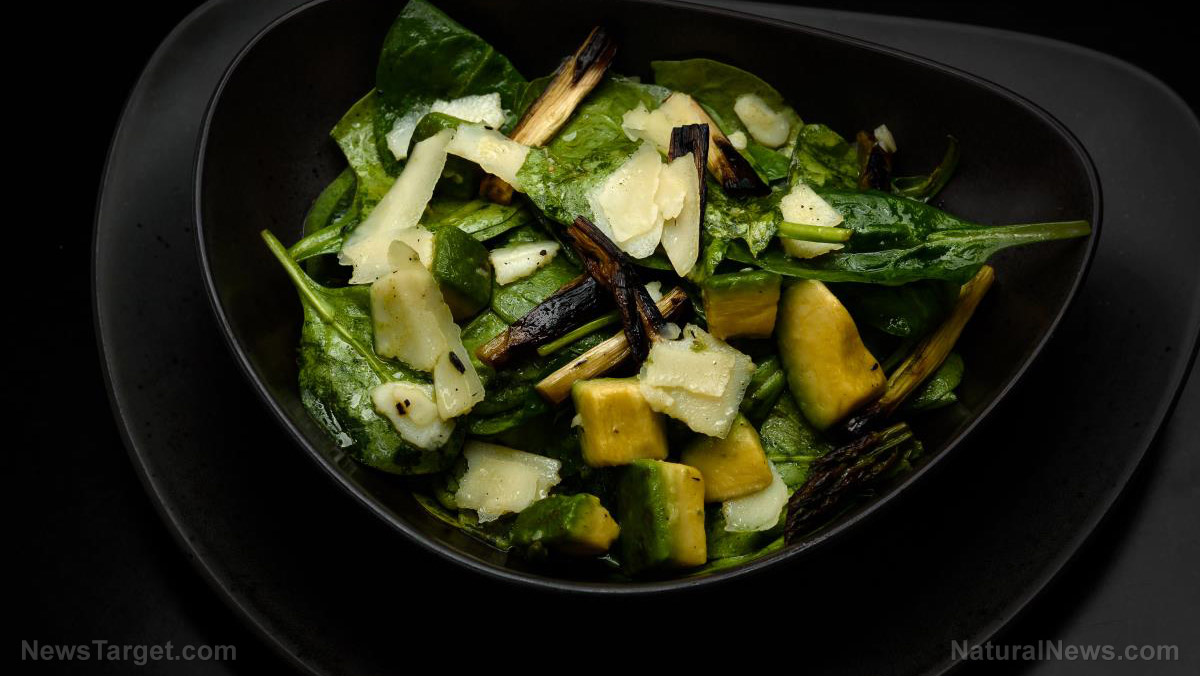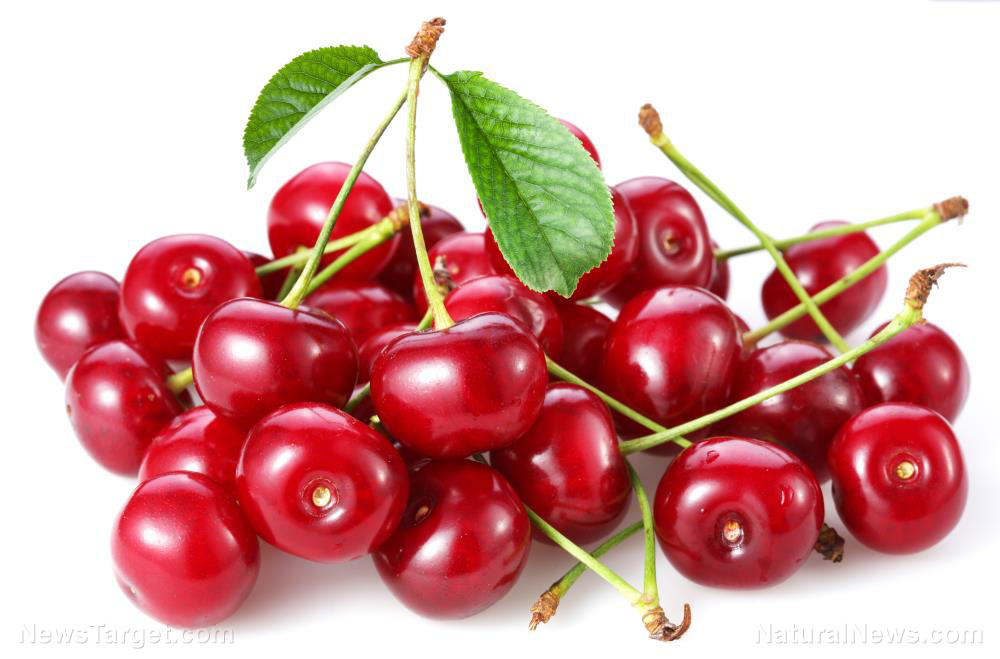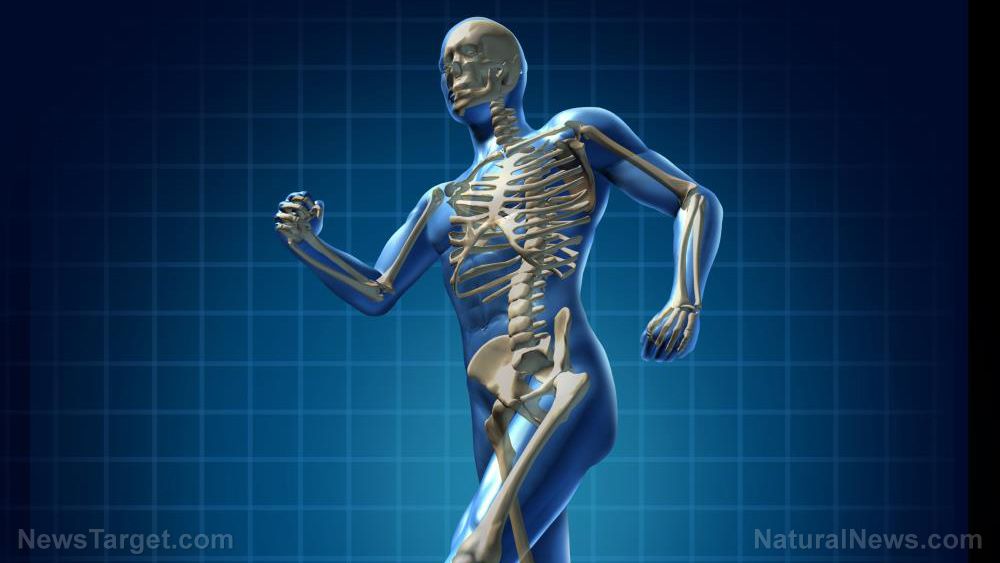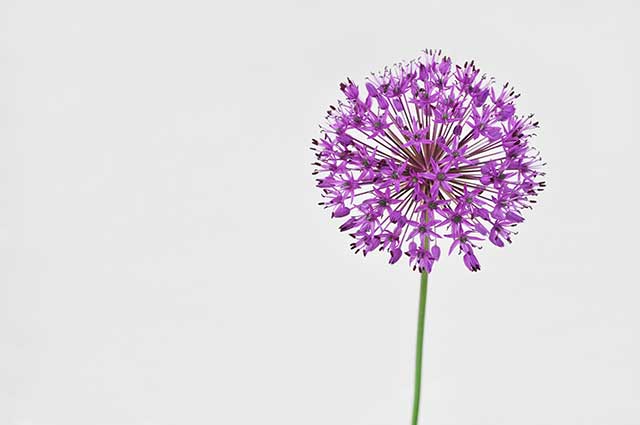How can pumpkin seeds help men with BPH? Pilot study breaks it down
03/04/2020 / By Evangelyn Rodriguez

Men in their 50s and 60s are prone to a condition known as benign prostatic hyperplasia (BPH). Defined as the enlargement of the prostate gland, this condition is very common and affects up to 90 percent of men over the age of 80. Although BPH is not cancer and does not lead to cancer, it is still a condition that can negatively affect quality of life. BPH also has a tendency to worsen with age, and if left unaddressed, it can lead to bladder damage and infection or even kidney damage.
Pumpkin seeds are often associated with prostate health. Besides being edible and nutritious, these seeds are also touted as a natural remedy for various male health problems. In fact, research has shown that the oil derived from pumpkin seeds can stop prostate enlargement caused by testosterone and certain medications (prazosin). Pumpkin seed oil is also said to improve the symptoms of BPH. However, no clinical study has yet expounded on the effects of a pure extract from pumpkin seeds on BPH.
In a recent study published in the Journal of Medicinal Food, researchers from Austria, Germany and Switzerland investigated the potential of an oil-free, hydroethanolic pumpkin seed extract against BPH. They found that men who were given the extract for three months experienced relief from various symptoms, such as frequent nighttime urination and urinary retention. This finding adds to the mounting evidence supporting the use of pumpkin seeds as a natural treatment for prostate enlargement.
Pumpkin seeds offer relief from the symptoms of BPH
Extracts from medicinal plants are frequently used in the early management of BPH symptoms. Some of the most common botanical sources include saw palmetto (Serenoa repens), the African plume tree (Pygeum africanum), the common nettle (Urtica dioica) and the seeds of the common pumpkin (Cucurbita pepo).
To examine the efficacy of pumpkin seed extract, the researchers conducted a single-arm, mono-center pilot study that lasted from January 2017 until October 2017. In it, they asked 60 men with a total International Prostate Symptom Score (IPSS) of 14.8 (indicates moderate symptoms) to ingest pumpkin seed extract once a day before bedtime for three months. They urged the participants to keep a bladder diary to monitor the frequency of nocturia (nighttime urination) and determined their postvoid residual urine volume through ultrasound.
The researchers found that the total IPSS of the participants decreased by about 30.1 percent (average) within the 12-week intervention period. They also noticed significant alleviation in BPH symptoms at the eighth and 12th week of supplementation. The reduction in BPH symptoms had a huge effect on the participants’ quality of life.
Among the notable improvements the researchers observed were a significant decrease in nocturia over time, which was confirmed by IPSS questionnaires and entries in the bladder diaries. Postvoid residual urine volumes also decreased significantly for the participants, especially at the end of the treatment period.
Based on these results, the researchers concluded that pumpkin seeds can effectively alleviate the symptoms of BPH without the help of medications.
Health benefits of pumpkin seeds
Pumpkin seeds or pepitas are considered a superfood because of their numerous health benefits and their nutritional value. Pumpkin seeds are a great source of essential nutrients, such as vitamin A, thiamin, riboflavin, niacin and folate, and minerals like calcium, copper, iron, magnesium, manganese, potassium and zinc. You can also get large amounts of protein from pumpkin seeds, as well as healthy (unsaturated) fats like omega-3s.
Research suggests that the zinc in pumpkin seeds allows them to support prostate health. Low zinc levels in prostate tissue is linked to BPH and malignant growths, so men can benefit from adding a rich source of zinc to their diet.
Pumpkin seeds also contain high levels of magnesium. A one-ounce serving provides 74 percent of the RDA for magnesium, which helps regulate blood pressure and blood sugar levels. Magnesium also helps you sustain energy.
According to studies, pumpkin seed oil is a great remedy for hair loss, especially androgenic alopecia. This oil is also a wonderful substitute for dietary oils with high amounts of saturated fat. Consuming pumpkin seed oil helps improve blood cholesterol and triglyceride levels.
You can learn more about foods that support prostate health at FoodCures.news.
Sources include:
Tagged Under: alternative medicine, benign prostatic hyperplasia, food cures, food is medicine, food science, functional food, men's health, natural cures, natural medicine, prostate enlargement, remedies, research
RECENT NEWS & ARTICLES
FoodCures.News is a fact-based public education website published by Food Cures News Features, LLC.
All content copyright © 2018 by Food Cures News Features, LLC.
Contact Us with Tips or Corrections
All trademarks, registered trademarks and servicemarks mentioned on this site are the property of their respective owners.







